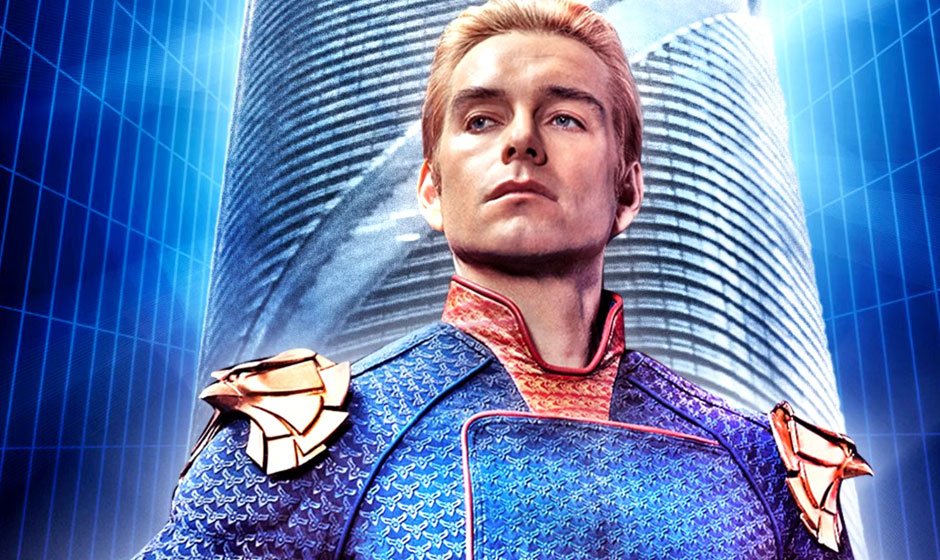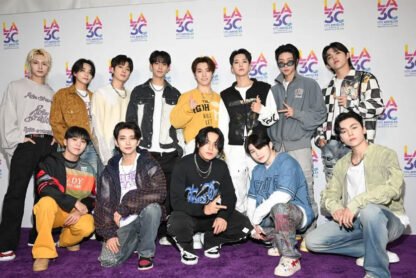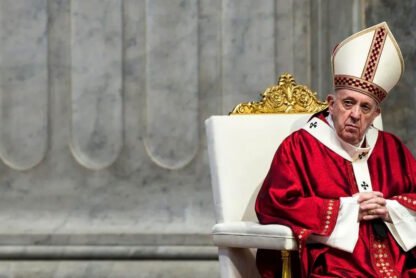Introduction
Homelander, the captivating character from Amazon’s satirical superhero series, “The Boys,” has gained attention for being an unhinged narcissist adored by his oblivious fanbase. The show’s timely arrival coincided with current events, with the second season explicitly drawing parallels to real-world issues, such as Homelander’s involvement with a literal Nazi, mirroring the alarming rise of the alt-right.
Recently, during the optimistically named “Million MAGA March,” a couple of Trump supporters were photographed cosplaying as Homelander, using the character’s costume to depict Donald Trump arresting Joe Biden. This occurrence led to various reactions from those associated with the show.
Showrunner’s Response
Eric Kripke, the showrunner of “The Boys,” noticed the photo and tweeted his surprise, asking if the cosplayers were actually watching the show. It seems that many Trump supporters unironically enjoy seeing their beliefs caricatured through characters like Homelander, even when the satire is overt.
Antony Starr’s Perspective
Antony Starr, the talented actor who portrays Homelander, quoted Kripke’s tweet and added his own assessment of the situation. The response highlighted the disconnect between the intended satire and its interpretation by a particular segment of Trump’s fanbase.
Satire vs. Wish Fulfillment
The phenomenon of Trump supporters cosplaying as Homelander raises interesting questions about the relationship between political satire and the fervent loyalty of certain fanbases. Despite the obvious nature of these caricatures, some fans view them as wish fulfillments rather than critical reflections.
One can’t help but wonder how these individuals would respond to Homelander’s infamous “I can do whatever I want” scene, which serves as a scathing commentary on unchecked power.
Conclusion
The cosplaying of Homelander by Trump supporters exemplifies the complex dynamics between satire, fandom, and political beliefs. While some viewers embrace the show’s critique, others interpret it as validation of their own ideology. This phenomenon highlights the power of pop culture to shape and reflect societal views, even when the intended message is satire.









